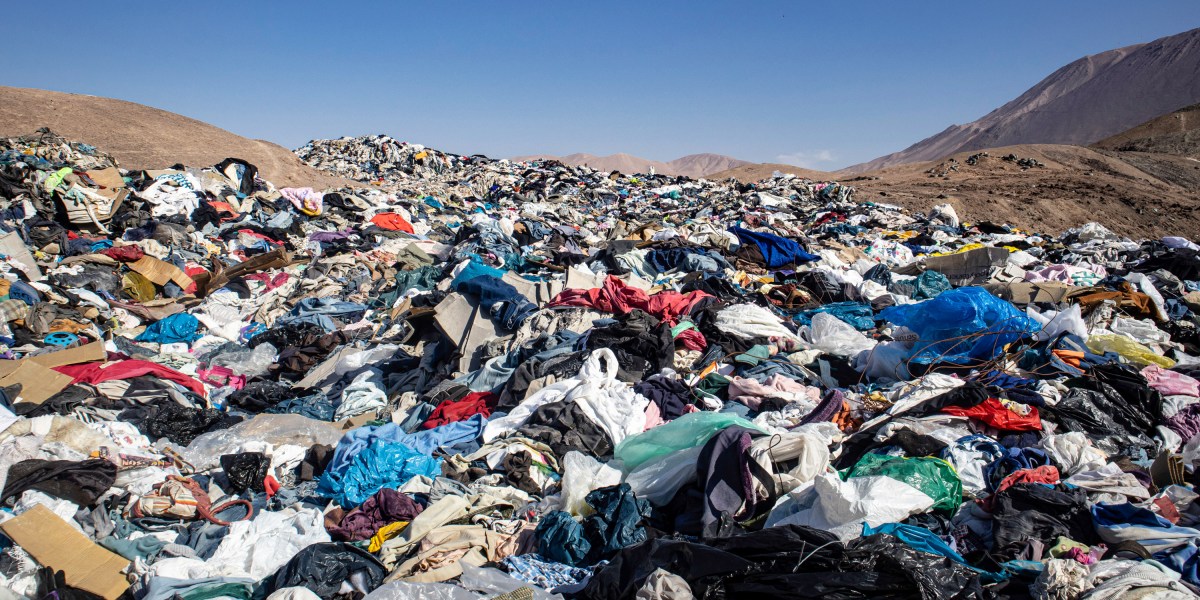I mean, you could also have clothing that’s a) not made from plastic and b) lasts longer.
But you know, capitalism.
Fast fashion is one of the worst things to happen to humanity. It has exploited slave labor, destroyed the environment, and created oligarchs worldwide.
Yeah, I avoid plastic in my clothing unless it’s utility, like a few of my low temperature outdoor gear items.
Polyester is such a shit material to wear, even if it’s cheap, it sucks too much. Like saving money on TP by getting the cheap stuff that’s more like fine grit sandpaper.
I worked on a similar (but competing) technology to this one for a few years. Depolymerization is absolutely the way forward for most polymer recycling.
For most uses, manufacturers want plastic that’s colorless and has good physical properties. Melting down clear plastic can work, but it degrades the polymers in hard-to-control ways. And if there’s any pigment in the plastic, forget about it.
If you break down polymers into their constituent monomers, you’ve turned a polymer process into a chemical process. Polymers are hard to work with. Chemicals are, comparatively, pretty easy. You can do a step or two to extract all the color and impurities, then re-polymerize the cleaned up material and get plastic that’s indistinguishable from brand new.
If your depoly process is good, it can distinguish between different polymers, so you can recycle mixed waste streams. Ours was even pretty good at distinguishing nylon from PET, which I sorta doubt the zinc process will be. But hey, more competition in this space is gonna be good for the world.
So, what’s the drawback of depolymerization? Sounds cool. Does it use baby tears as a catalyst?
Drawbacks are mostly the economics of it. You have to convince people to put time and energy into turning waste into monomers. If the monomers you get from crude oil are cheaper, you’ve got an uphill battle.
The catalysts can be complex, but the good ones are really simple. The zinc one in this article is pretty easy to understand. Ours was an organic molecule, but a really abundant and cheap one. (We could easily recover and re-use the catalyst, too, which I also doubt most of the metal salt catalysts are capable of). Part of the project was optimizing that catalyst. We found ones that worked a little better, but were like 10x as expensive. So we just used a little more of the simple one and figured out how to use it over and over.
Until then plastic that can’t recycled needs to be burned.
Whose fucking shiti idea was it to put it landfill?
Burning plastic sends the waste into the air where it joins the water cycle. The matter isn’t destroyed, it’s just atomized and spread out. Properly sealed landfills ostensibly contain the damage, although we should recognize that landfill regulations are lax at best.
We already burn oil. I positing burning would fix micro plastic issue.
This is also not my domain so I am talking out of my ass mostly to get a convo going so maybe somebody competent can provide proper context.
Could. It won’t happen if it’s not profitable.
But it can be made profitable. The local government of your area could decide to slap fines on companies that pollute and subsidize those that use better technologies. If you want to influence those decisions, consider voting accordingly.






